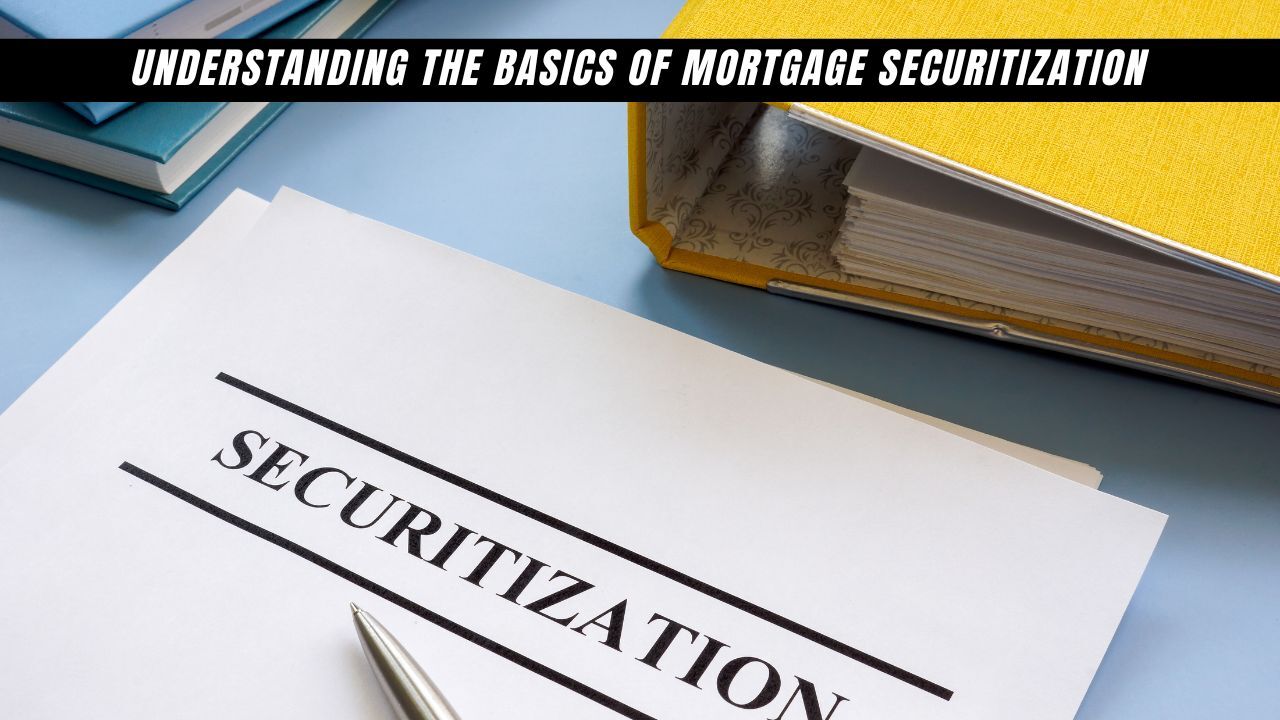Understanding the Basics of Mortgage Securitization
 What Is Mortgage Securitization?
What Is Mortgage Securitization?
Mortgage securitization is the financial process of pooling together multiple mortgage loans and converting them into tradable investment securities. These securities are then sold to investors in the secondary market. This process provides liquidity to lenders, enabling them to issue more loans and support continued access to home financing.
How the Process Works
The process typically begins with a lender originating mortgage loans. These loans are then sold to a financial institution or a government-sponsored enterprise such as Fannie Mae or Freddie Mac. The institution bundles the loans into a mortgage-backed security (MBS), which is structured and issued to investors. Payments made by homeowners on the underlying mortgages are passed through to the investors as returns.
Key Players in Mortgage Securitization
There are several important participants in the securitization process:
- Originators: Mortgage lenders that create the initial loans.
- Issuers: Institutions that pool and package the loans into securities.
- Trustees: Entities that ensure the terms of the security are followed.
- Investors: Individuals or institutions that purchase the securities and receive payments based on the performance of the underlying loans.
- Servicers: Companies responsible for collecting payments from borrowers and distributing funds to investors.
Benefits of Mortgage Securitization
Mortgage securitization brings a number of advantages to both lenders and the overall financial system. These include:
- Increased liquidity in the mortgage market.
- The ability for lenders to recycle capital and issue new loans.
- Diversification for investors by providing access to real estate-backed assets.
- Lower borrowing costs for consumers due to improved market efficiency.
Risks and Considerations
While mortgage securitization supports market stability and growth, it is not without risk. Investors must consider the quality of the underlying loans, the potential for borrower default, and the structure of the security. Poor underwriting practices and inadequate risk assessment were major contributors to the financial crisis of 2008. Since then, stronger regulatory oversight and better transparency have been implemented to mitigate these risks.
Why It Matters to Homeowners and Borrowers
Although the process occurs largely behind the scenes, mortgage securitization directly affects the availability and pricing of home loans. It plays a critical role in ensuring that capital is consistently available to fund new mortgages, which helps keep interest rates competitive and expands access to homeownership.
Conclusion: The Engine Behind Mortgage Lending
Mortgage securitization is a foundational element of modern housing finance. Understanding how it works provides valuable insight into the broader mortgage market and its impact on borrowers, lenders, and investors alike.
Categories
- Around The Home
- Awards
- Bankruptcy History
- Budget
- Chapter 7 Bankruptcy
- Construction Loan
- Credit
- Credit Scoring
- Environmental Awareness
- Escrow Tips
- Fair Housing
- Federal Reserve
- FHFA
- Financial Crisis
- Financial Fraud
- Financial Reports
- Foreclosure
- Holiday Tips
- Holidays
- Home Building Tips
- Home Buyer Tips
- Home Buying Tips
- Home Care
- Home Care Tips
- Home Decorating
- Home Financing Tips
- Home Maintenance
- Home Mortgage
- Home Mortgage
- Home Mortgage Tips
- Home Mortgages
- Home Seller Tips
- Home Selling Tips
- Home Tips
- Home Values
- Home Values
- Homebuyer Tips
- Homeowner Tips
- Housing Analysis
- Housing Market
- Investment Properties
- Market Outlook
- Mortagage Tips
- Mortgage
- Mortgage Application
- Mortgage Guidelines
- Mortgage Rates
- Mortgage Tips
- mortgage-rates-whats-ahead-september-17-2012
- Organization Tips
- Personal Development
- Personal Finance
- Rankings
- Real Estate
- Real Estate Definitions
- Real Estate Tips
- Real Estate Trends
- Selling Your Home
- Student Loans
- Tax Debts
- Taxes
- The Economy
- Travel
- Uncategorized